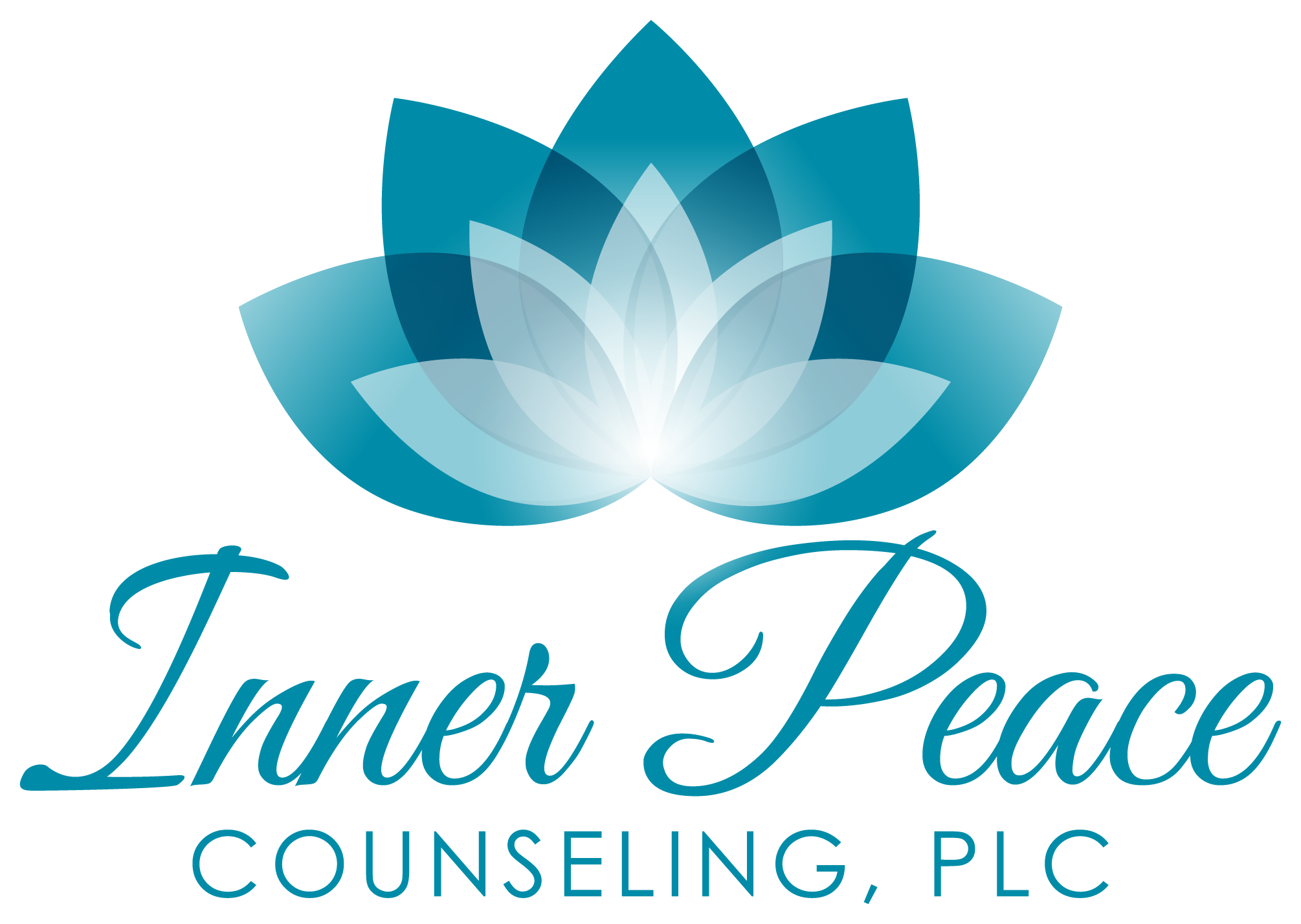By: Ashley Carter Youngblood
Categories:
Beating the ‘Winter Blues”
[As printed in The Women’s LifeStyle Magazine of Greater Kalamazoo, August 2017 Edition]
An Introduction to the “Winter Blues”
I hate to break it to you, but winter is coming. For some, along with the transition to colder temperatures and less daylight comes the “Winter Blues”. This can mean depressed mood, low energy, sleep issues, having little interest in pleasurable activities, feeling sluggish or agitated, isolation, and difficulty concentrating. Sound familiar?
The important thing to know is that the “Winter Blues” (formerly called Seasonal Affective Disorder but recently understood to simply be a seasonal pattern to Depression) is a real thing! And, symptoms often start around August/September, when the seasonal pattern means less daylight. So, it’s essential to be proactive before symptoms begin.
Who is at Risk
While the “Winter Blues” can be experienced by anyone with ranging severity, the National Institute of Mental Health outlines some risk factors to which we can relate:
1) Women are four times more likely to experience the “Winter Blues”.
2) Those who live farther from the equator and experience more grey cloud cover (Hello, Michigan!) have higher rates of seasonal mood changes.
3) Those with a history of depression or mood disorders are at higher risk for seasonal depression.
4) People who have a family history of other types of depression are more likely to develop a seasonal pattern of depression.
5) Younger adults have a higher risk of the “Winter Blues” than older adults.
Treatment Options
There are four approaches to treating the “Winter Blues”. First, Vitamin D can be taken to improve mood. Vitamin D is the nutrient we absorb from the sun; something we obviously get less of with less sunlight. Research also shows Vitamin D is related to our body’s production of Serotonin, a neurotransmitter that affects mood. Know how wonderful you feel after spending a day outside soaking up the sun? That’s the Vitamin D talking.
Light therapy is another option that has a long history of treating seasonal mood disorders. Therapy lights (Verilux is a well-known brand) can even be prescribed by a doctor, with recommendations to start treatment as early as this month. The idea is that one sits in front of a bright, artificial light to combat the light not naturally absorbed throughout the darker winter days. Similarly, medications like anti-depressants can be prescribed seasonally and proactively to avoid large mood changes.
Lastly, seeing a therapist can be recommended to learn skills to cope with and prevent the negative effects of seasonal mood change. Treatment outcomes with these options can vary based on person. Some only need to use one treatment and some use all four. Explore what works best for you and make sure to consult with your physician about your options.
Other Holistic Approaches
Treatment for the “Winter Blues” doesn’t have to be complicated. Just like any other stressor, educate yourself and do what’s best for you. Track your moods from week to week or month to month so that you know your patterns. Take up a healthy hobby now in order to keep you active and social all winter long. Commit to an exercise routine to help those feel-good hormones naturally boost your mood. Explore your diet and cut out things that tend to spike mood (e.g. sugar, caffeine) so that you can avoid the crash later. Go to a support group. Start a book club to keep your mind active. Look at your Self in a holistic way, identifying every piece of the puzzle and how to logically improve your quality of life. Use your natural tendency to hibernate during the winter months as a step toward a better you.
~Ashley Carter Youngblood, LMSW, LMFT, CADC, ADS
 Ashley Carter Youngblood is both a Fully-licensed Clinical Social Worker and Marriage and Family Therapist who has been in the field since 2007. She offers counseling in Kalamazoo, Portage, Mattawan, Battle Creek, Paw Paw, and the surrounding areas of Southwest Michigan. She is passionate about her work with clients, whether it’s providing individual counseling, couples counseling, family therapy, or life coaching. Her specialties include holistic healing/mindfulness, counseling for women, anxiety, couples counseling, and addictions/substance abuse.
Ashley Carter Youngblood is both a Fully-licensed Clinical Social Worker and Marriage and Family Therapist who has been in the field since 2007. She offers counseling in Kalamazoo, Portage, Mattawan, Battle Creek, Paw Paw, and the surrounding areas of Southwest Michigan. She is passionate about her work with clients, whether it’s providing individual counseling, couples counseling, family therapy, or life coaching. Her specialties include holistic healing/mindfulness, counseling for women, anxiety, couples counseling, and addictions/substance abuse.
I welcome you to contact me or leave any questions or feedback you have about this post. Please keep in mind that the above information is the opinion of an individual, should not be considered medical advice, and is for entertainment/educational purposes only. I write these blogs as an expression of my passion for wellness and with the hope to be able to help as many people as possible. Therefore, I would encourage anyone seeking mental health advice to contact a therapist in your area who can better evaluate your situation and provide you with case-specific information for treatment. Also remember, if you are experiencing an emergency, contact 911 or present yourself to your nearest emergency room.
Thanks for reading.

